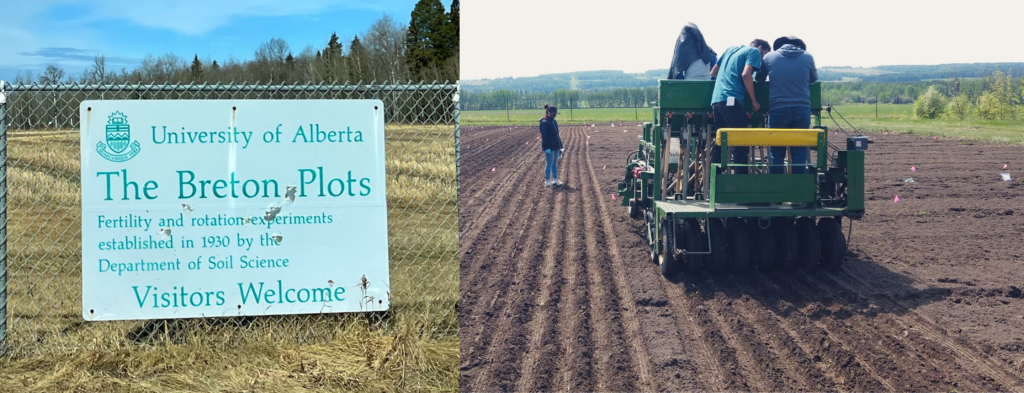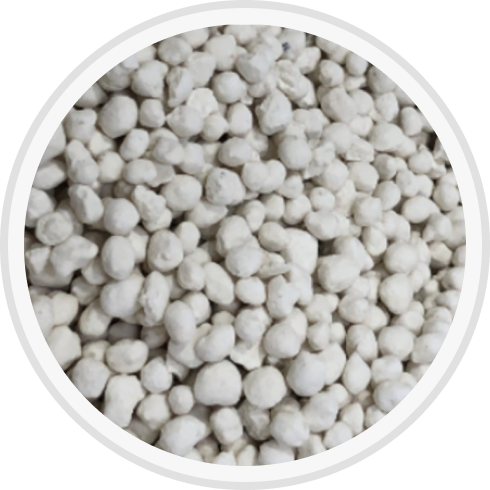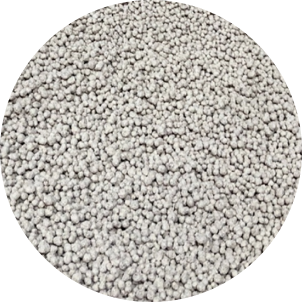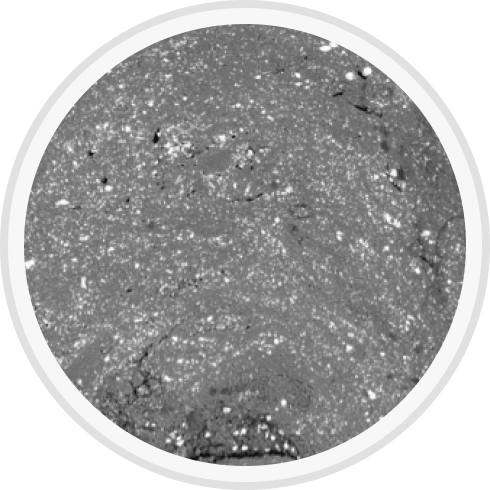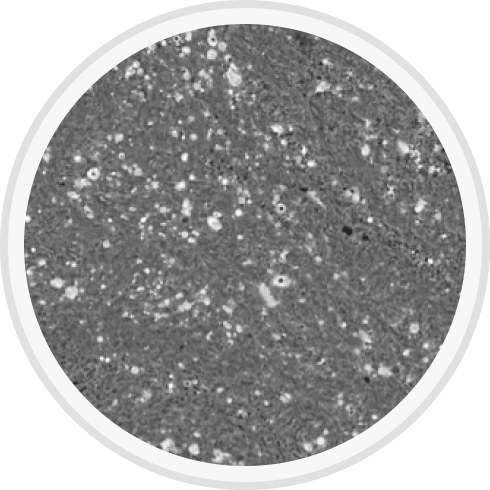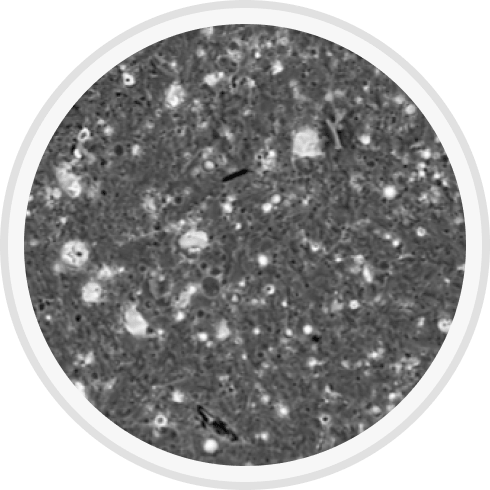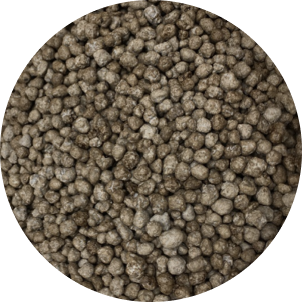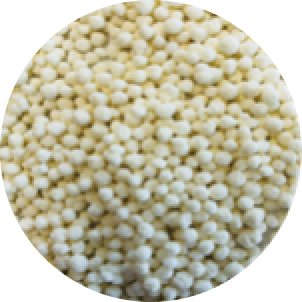Global food security relies heavily on nitrogen fertilizers to meet growing population food requirements which comes with a large carbon footprint. Nitrogen fertilizers applied to the soil have many loss pathways that not only reduce a grower’s bottom line due to yield reductions but also impact the surrounding environment releasing greenhouse gas emissions (GHG’s) into the air or leaching into surrounding waterways. Sulvaris believes that increasing Nutrient Use Efficiency (NUE) with innovative fertilizer technologies is essential to reduce nutrient loss pathways, lessen environmental impacts while maintaining yields and improve food security.
Our Carbon Control Technology (CCT™) platform is centered around taking waste products that negatively impact the environment and transforming them into high quality fertilizer products with NUE benefits that fit within 4R nutrient management principles. We have partnered with the University of Alberta and Mitacs to perform field trials that will evaluate crop productivity and NUE, while monitoring the release of GHG emissions like nitrous oxide (N₂O). The University of Alberta has some of the most comprehensive agricultural and environmental research infrastructure in the world with access to many labs, growth chambers, greenhouses and ranches to test and verify new technologies or practices.
We have previously seen up to 24% reductions in N₂0 emissions using CCT™ fertilizers compared to Urea.
